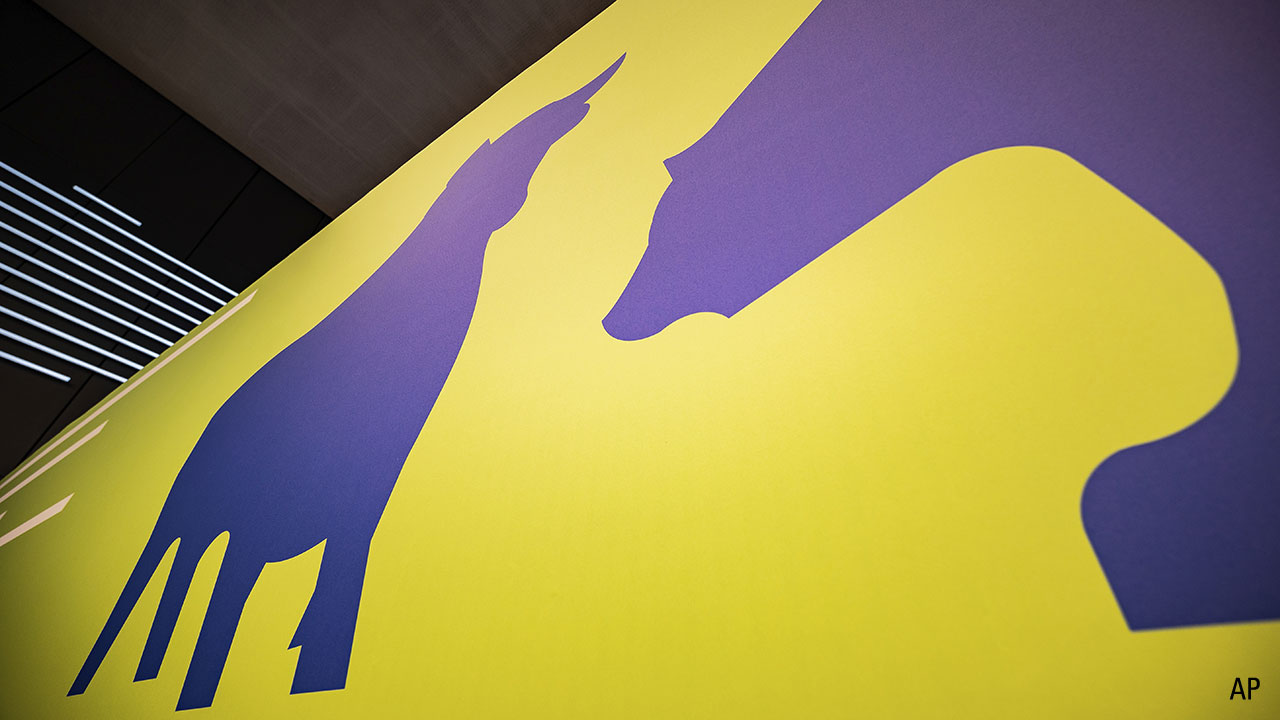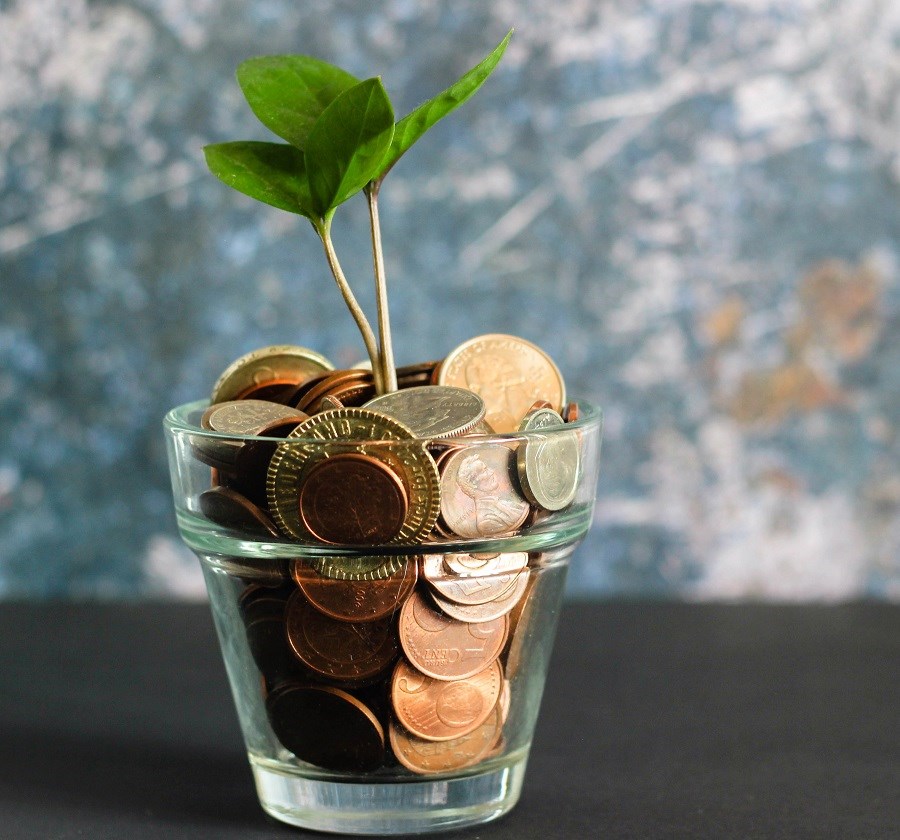
Global equity markets are in a buoyant mood, thanks to vaccination drives and massive fiscal and monetary stimulus packages. Though the robust market recovery caught veteran stock picker Dana Love by surprise, he argues that valuations are at elevated levels and it may be difficult to replicate past returns.
“I didn’t have expectations for the outcome of the pandemic. Back in April 2020, I noted that this was uncharted territory and there were a lot of uncertainties,” says Love, vice-president and senior portfolio manager at Toronto-based 1832 Asset Management LP, a unit of Bank of Nova Scotia. Among other funds, Love manages the 5-star gold-rated $363.7 million Dynamic Blue Chip Equity.
“It’s quite surprising how quickly the market declined during that period and how quickly it recovered, and how other capital market-related factors contributed to the phenomenal recovery in returns,” he adds.
Last year was one of the strongest equity markets around the world and certainly in the U.S, observes Love a 27-year industry veteran who joined 1832 Asset Management in 2013, after 14 years at Invesco Investment Management. Currently, Love and his six-person team oversee about $9 billion in assets, spread across numerous products.
Dynamic Blue Chip Equity returned 27.03% in 2020, versus 12.46% for the global equity category. For the past three- and five-year periods, the fund had an annualized return of 17.45% and 16.88%, versus 9.24% and 10.1% respectively for the global equity category. Year-to-date (June 4), the fund has returned 8.87%, compared to 5.48% for the category.
Good Value is Very Rare
Even as markets have generated strong returns, Love maintains that with equity valuations being considerably higher, high returns will be very difficult to replicate going forward. “A lot of the returns from individual stocks, since the emergency policies and monetary stimulus measures were put in place, were the result of multiple expansions,” says Love.
“There’s been inflation of various metrics, such as price-to-earnings, or EV [enterprise value] to EBITDA [earnings before interest taxes and depreciation], or price-to-free-cash flow,” Love continues. “Certainly profits have recovered, employment levels are recovering and people are getting back to work, and consumers are starting to spend again. There is a fundamental underpinning to what is driving profits and equity market returns. But at the same time, there has been an enormous expansion of multiples. That is somewhat of a concern.”
Love adds that going forward if one inverts the valuation levels, “higher multiples tend to lead one to the conclusion that future rates of return should be much lower than they have been in the past.” He notes that measures of financial valuations have some correlation with equity market returns. For instance, the Shiller Cyclically Adjusted Price Earnings Ratio, or Shiller CAPE, used to measure the S&P 500 Index, was at an all-time high in the late 1990s during the technology-media-telecommunications (TMT) bubble. It reached similar heights in late 1929, just before the market crashed. Currently the Shiller CAPE ratio is about 37, versus 27 in May 2021.
Free cash flow yield is another measure of valuations and when Love and his team look at individual companies, he notes that this measure is much lower across the board, than in many years. “I have seen multiple market cycles in my career. Things like free-cash-flow-yields are as low as they have ever been.” On average, stocks are now generating from less than 2%-free-cash flow to around 4%.
“What we consider a good value, if we can find it---and it’s very rare---is a free cash flow yield of 5% or greater on a normalized basis,” says Love. “Even five or six years ago we could find companies that had mid-to-high-single digit cash flow yields, which were more attractive than they are today.”
Looking Outside the U.S. for Returns
As the team focuses far more on individual companies than top-down macro-economic trends, the sector weights are a by-product of the stock selection process. Currently, the largest sector is consumer discretionary at 31%, followed by software and services 11%, insurance 9.8%, industrials 9.1% and communication services 7.6%. Similarly, the geographic weights reflect where the team believes the values are. Currently, only about 26.7% of the portfolio is held in the U.S., and about 71% is in European Australasia and Middle East (EAFE) markets such as the U.K. (11.6%), France (7.9%), Sweden (7.1%) and Japan (6.9%).
““We had a decade of U.S. dominance, in terms of returns from the S&P 500 Index. And yet, in any calendar year, even through this decade, three-quarters of the best performing individual stocks come from outside the U.S.,” Love explains. “That helps to crystallize the thought processes that we use in our investment decisions. We just look at individual businesses. If we get that right it is not as important as being in the right country.”
Picking Stocks for the Long-Term
Running a concentrated portfolio of about 37 names, and tending to hold stocks for several years, Love seeks a handful of key attributes when selecting stocks. “We put equal emphasis on qualitative analysis as well as quantitative analysis. We do the number-crunching and look at all the metrics, such as profit margins. But we also try to understand what makes a company special from a qualitative viewpoint,” says Love. “These include the corporate culture or how the management team deploys capital. They require on-the-ground research or an assessment of the business through a lens other than something which is directly financial.”
In brief, the team looks for a company with a sustainable competitive advantage, strong intrinsic return on capital, consistent and sustainable cash generation, and a track record of generating excess cash flow.
One top holding is Dometic Group AB (DOM), a Swedish firm with a market cap of 47.8 billion SEK (C$6.85 billion) that specializes in manufacturing components for recreational vehicles. “The business is highly cyclical, but it’s still a good business despite its cyclicality,” says Love, recalling that in June 2019 he met the new CEO, Juan Vargues, who had come from another organization. “The legacy business is solid and cash-generative and the company has a leadership position. But it could be a lot bigger and could do so much more.” Through organic growth and some mergers and acquisition activity the company has expanded into other types of outdoor living activity, such as solar-power generation.
Another favorite is Techtronic Industries Company Ltd., (0669) a Hong Kong-listed producer of cordless power tools under the brands of Ryobi and Milwaukee. “Their battery platform is the key to the investment thesis,” says Love. “There is a lot of ‘stickiness’ to it. Techtronic has the best technology and was a ‘first mover’ in the evolution from corded power tools to cordless.” Techtronic has provided that platform for consumers and professional trades-people to buy one or two or even three of its products, observes Love. “But they can’t be swapped back and forth with competitors brands, so consumers are tied to the Ryobi or Milwaukee platform,” says Love, adding that the COVID-19 pandemic has forced more people to stay home and work on renovation projects.
"It is a high-growth company for what is perceived as not in a high-growth business,” says Love. “This exemplifies what we look for. These exceptional companies may not be exciting on the surface. But if you can get a really good company in an unexciting business it can be a very exciting investment proposition.”





















